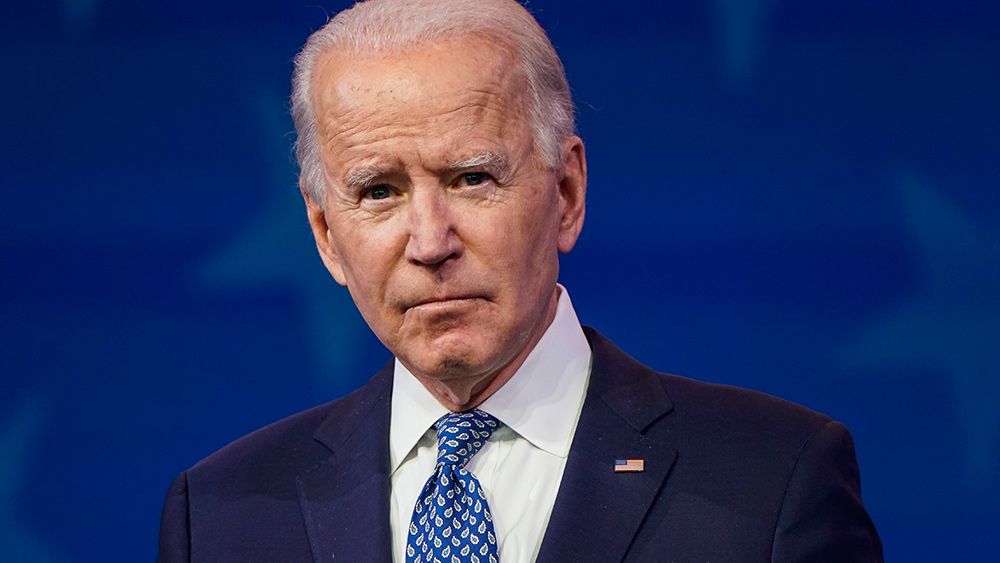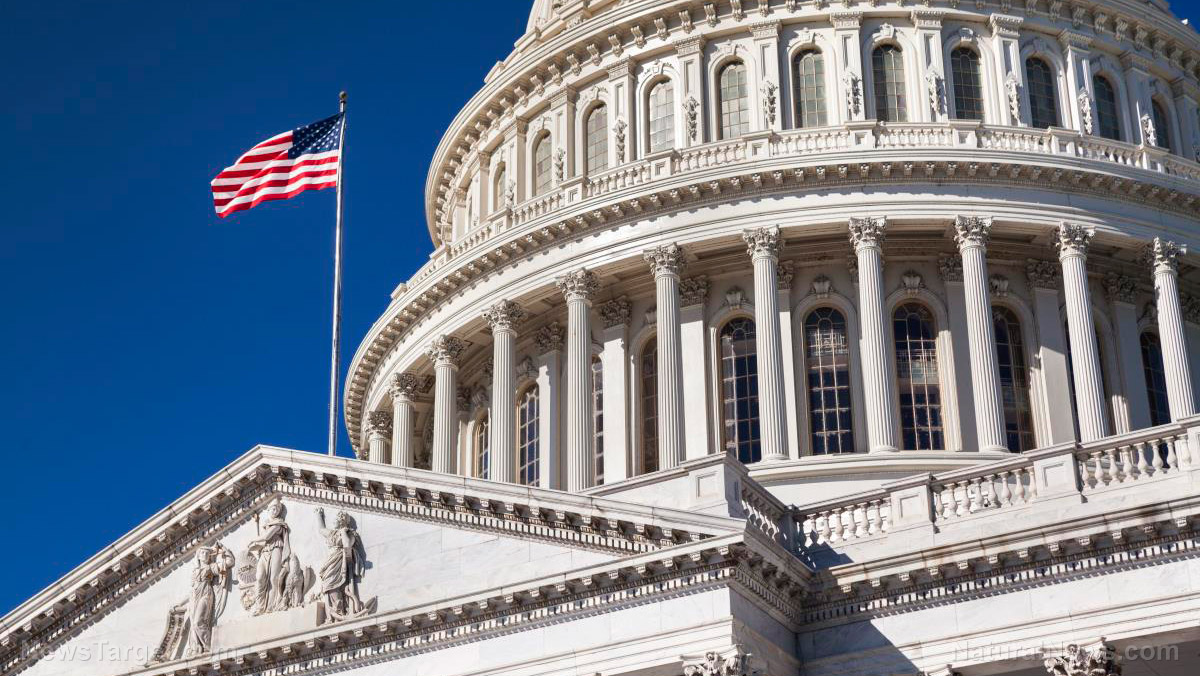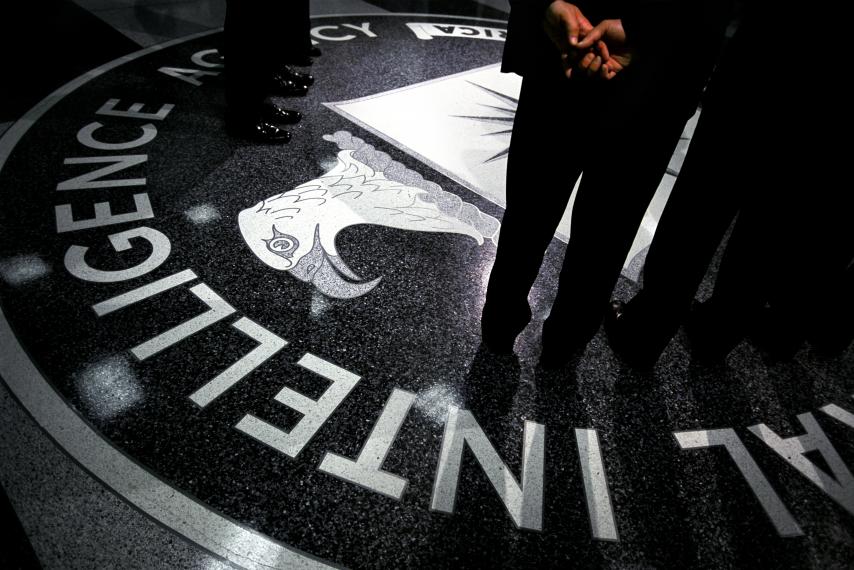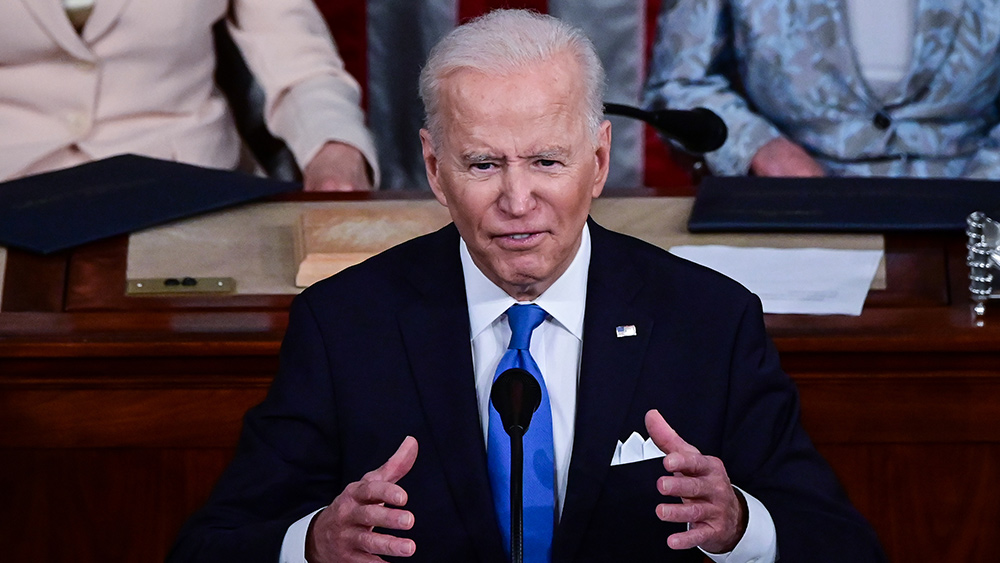Diplomats warned Biden administration of imminent Kabul collapse, says classified document
08/21/2021 / By Nolan Barton

An internal cable signed by 23 American diplomats in Afghanistan last month warned Secretary of State Antony Blinken of the potential fall of Kabul to the Taliban forces soon after the U.S. troops withdrew from the country.
The classified cable dated July 13 is the clearest evidence yet that the Biden administration had been warned by its own officials on the ground that the Taliban’s advance was imminent and that Afghanistan’s military may be unable to stop it.
Sent via the confidential dissent channel of the Department of State (DOS), the cable warned of rapid territorial gains by the Taliban and the subsequent collapse of Afghan security forces, and offered recommendations on ways to mitigate the crisis and speed up an evacuation.
The cable was sent to Secretary of State Antony Blinken and Director of Policy Planning Salman Ahmed. Blinken received the cable and reviewed it shortly after receipt, according to a person familiar with the exchange.
DOS spokesman Ned Price declined to address the cable, but told the Wall Street Journal that Blinken reads every dissent and reviews every reply. “He’s made clear that he welcomes and encourages use of the dissent channel, and is committed to its revitalization. We value constructive internal dissent,” Price said.
Government actions validate existence of classified cable
The signatories of the dissent channel cable urged the DOS to begin registering and collecting personal data in advance for all Afghans who qualify for special immigrant visas while there was still six weeks left before the Aug. 31 troop withdrawal deadline. They also urged the administration to begin evacuation flights no later than Aug. 1.
On July 14, a day after the cable was sent, the White House announced Operation Allies Refuge to support the relocation of interested and eligible Afghan nationals and their immediate families who supported the U.S. government for the special immigrant visas. Evacuations have been complicated by the Taliban takeover of Kabul on Sunday, Aug. 15.
Some 18,000 Afghans have applied for the U.S. Special Immigrant Visa program, but they remained on the ground in Afghanistan with their families. About half of them were outside Kabul in areas already under Taliban control. Efforts to get them to the Kabul airport have grown more difficult by the day.
Several other actions that have since been taken by the administration were consistent with some of the requests and recommendations in the cable, the person familiar with the cable exchange said.
Last week, the administration cited rapid military gains by the Taliban in downsizing its embassy in Kabul and sending about 3,000 troops to aid in the evacuation of U.S. staff. Embassy staffers who weren’t being evacuated from the country were transferred to a makeshift office at the Hamid Karzai International Airport, with increasing U.S. troop presence.
The Biden administration has been criticized for not doing enough to get Americans and Afghan allies out of the country until after the Taliban takeover was well underway. (Related: Violence continues in Afghanistan as thousands of American civilians await evacuation while Biden fiddles.)
The dissent channel is a formal mechanism of the DOS that allows foreign service officers to raise concerns about current policy. It was established during the Vietnam War as a result of concerns that contrary views were being ignored.
Written dissents are supposed to be circulated among senior officials at the agency and the authors are supposed to be protected against retaliation. They are intended to remain confidential.
Biden underestimated the Taliban
The existence of the confidential cable adds another angle to an expanding debate involving the White House, Pentagon and intelligence services over what U.S. officials understood about assessments of Afghanistan’s stability.
In July, President Joe Biden said that a collapse of the government and a Taliban takeover were “highly unlikely,” pointing to the large numbers of Afghan National Security Force members, their U.S. training and modern equipment, including an air force.
The administration disputed the notion that the confidential cable warned of the early fall of Afghanistan. Gen. Mark Milley, chairman of the Joint Chiefs of Staff at the Pentagon, has said that a speedy demise of the U.S.-supported government and army was unanticipated.
“There was nothing that I or anyone else saw that indicated a collapse of this army and this government in 11 days,” Milley said at the Pentagon on Wednesday, Aug. 18.
Follow NationalSecurity.news for more news related to the U.S. military and the intelligence community.
Sources include:
Tagged Under: Afghanistan, air force, classified cable, Collapse, deep state, intelligence services, Joe Biden, Kabul, national defense, national security, Operation Allies Refuge, Pentagon, security forces, special immigrant visa, taliban, Taliban forces, treason, US embassy, US troops, Vietnam war, White House
RECENT NEWS & ARTICLES
COPYRIGHT © 2017 DEEP STATE NEWS


















